Can Cats Eat Cornbread? A Sweet Snack That’s Best Avoided
- 1 Apr 2025 16:43
Cornbread is a comforting, delicious treat that many people enjoy, but when it comes to your cat, you may be wondering, Can cats eat cornbread? 🐱 While it may seem harmless to offer your feline friend a little piece of cornbread, it’s important to know that cornbread is not the best choice for your cat. Let’s explore why it’s better to keep this treat out of their paws.
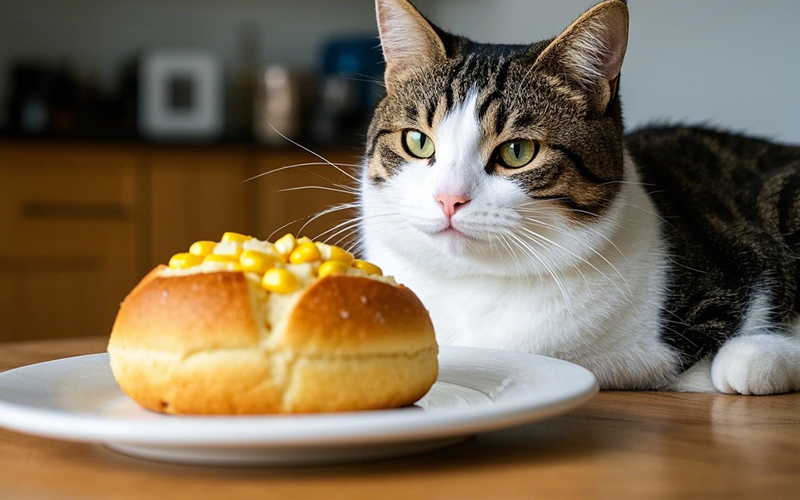
What’s in Cornbread?
Cornbread is typically made with ingredients like cornmeal, flour, sugar, eggs, butter, and milk. While these ingredients may not seem harmful, they can actually be problematic for your cat. Cats have specific nutritional needs, and cornbread contains ingredients that can be difficult for them to digest or that may cause health issues.
Can Cats Eat Cornbread Safely?
The short answer is no, cats should not eat cornbread. While a small bite may not cause immediate harm, cornbread contains several ingredients that are not suitable for your cat’s diet. Let’s take a look at the potential risks associated with feeding cornbread to cats.
Risks of Feeding Cornbread to Cats
High Sugar Content: Cornbread often contains sugar, which is not necessary or healthy for cats. Cats do not need sugar in their diet, and consuming too much can lead to obesity, diabetes, and other metabolic problems. Cats are obligate carnivores, meaning their bodies do not process sugar the way humans do.
Dairy Products: Many cornbread recipes include milk or butter, both of which can be problematic for cats. Many cats are lactose intolerant, meaning they can’t properly digest dairy products. Feeding them dairy can lead to gastrointestinal upset, including diarrhea, stomach cramps, and bloating.
High Fat Content: Butter and other fats used in cornbread can cause gastrointestinal distress in cats, especially if consumed in large amounts. Too much fat can also contribute to obesity and pancreatitis—a condition that causes inflammation of the pancreas and can be potentially life-threatening.
Corn: While corn is not toxic to cats, it is not an ideal food for them either. Cats don’t need carbohydrates in their diet, and corn is primarily made up of starch. It can be difficult for cats to digest, leading to potential stomach upset and a lack of nutritional benefit.
Possible Additives: Some cornbread recipes may contain ingredients like salt, baking powder, or spices, all of which can be harmful to your cat. For example, too much salt can cause dehydration and kidney problems, while certain spices can irritate your cat’s digestive system.
Symptoms of Cornbread Consumption in Cats
If your cat has eaten cornbread and is experiencing an adverse reaction, look out for the following symptoms:
Vomiting or Diarrhea: The sugar, dairy, and fat content can cause stomach upset, leading to vomiting or diarrhea.
Lethargy: If your cat feels unwell due to the ingredients, they may become more tired or sluggish than usual.
Stomach Discomfort: Your cat might show signs of stomach discomfort, such as bloating, gas, or crying in pain.
Dehydration: If your cat has eaten cornbread with a high amount of salt or sugar, they may become excessively thirsty or lethargic.
How to Keep Your Cat Safe
To prevent your cat from eating cornbread or other human treats, here are a few tips:
Keep Food Out of Reach: Always store cornbread and other baked goods in places where your cat can’t reach them, such as high cabinets or sealed containers.
Educate Family Members: Make sure everyone in your household knows not to feed the cat human food, especially baked goods that contain sugar, dairy, or harmful ingredients.
Offer Cat-Friendly Treats: Instead of sharing cornbread, offer your cat treats that are specifically made for felines. There are many healthy, tasty options available that cater to your cat’s nutritional needs.
What Should You Feed Your Cat Instead?
If you want to offer your cat a special treat, there are plenty of safe alternatives:
Plain Cooked Meat: Cats are obligate carnivores, meaning they thrive on meat. Offer them plain, cooked chicken, turkey, or fish without any seasoning or spices.
Catnip: A favorite among many cats, catnip is a fun, safe treat that encourages play and exercise.
Cat Grass: Cats enjoy nibbling on cat grass, which can also help with digestion and hairball prevention.
Commercial Cat Treats: There are many cat-specific treats available that are formulated to provide the right nutrients in a tasty package.
The Role of PettureX in Pet Health
If you ever find yourself unsure about what’s safe to feed your cat, PettureX can offer valuable assistance. 🐾 PettureX provides 24-hour online consultation, helping you make the best choices for your pet’s diet and health. The pet image recognition feature also ensures that you get instant and reliable guidance on what’s safe for your feline friend.
Conclusion
So, can cats eat cornbread? The answer is no—cornbread is not a safe treat for cats. With its high sugar, dairy, and fat content, along with the potential for additives like salt and spices, cornbread can upset your cat’s digestive system and contribute to health problems like obesity and gastrointestinal issues.
For your cat’s health and well-being, stick to treats that are specifically designed for felines, and consult PettureX if you ever have concerns about your cat’s diet or health. 🐱💚
Remember, while cornbread is a delicious treat for humans, your cat will be much better off with something that’s specially formulated for their unique needs!
Related
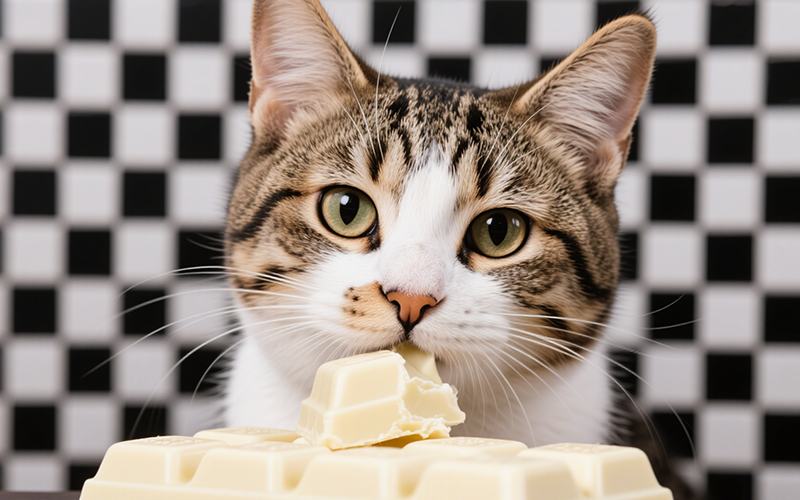
Can Cats Eat White Chocolate? The Surprising Truth You Need to Know
- 9 Apr 2025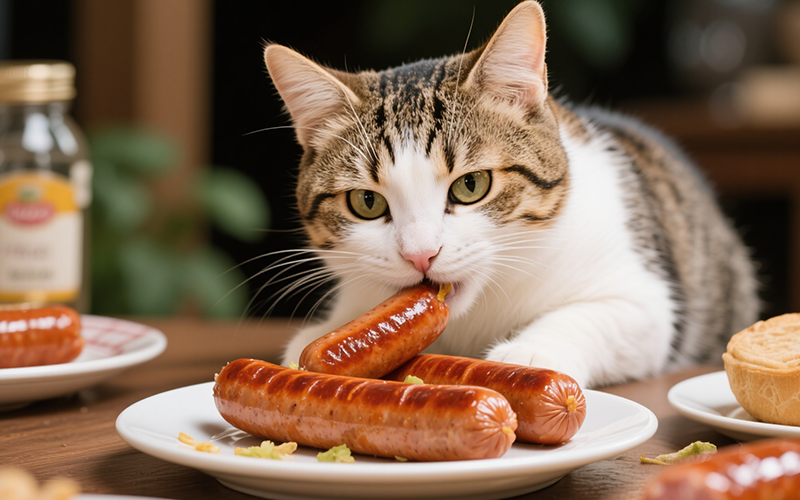
Can Cats Eat Vienna Sausages? Here’s What You Need to Know
- 9 Apr 2025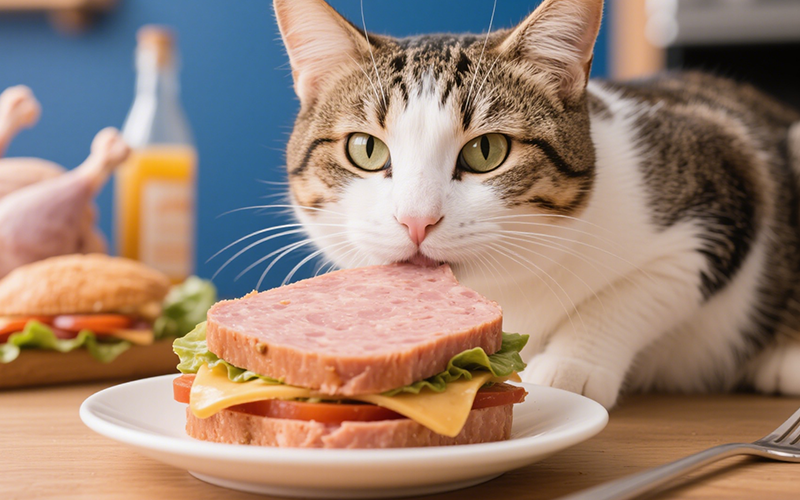
Can Cats Eat Turkey Lunch Meat? Here’s What You Should Know
- 9 Apr 2025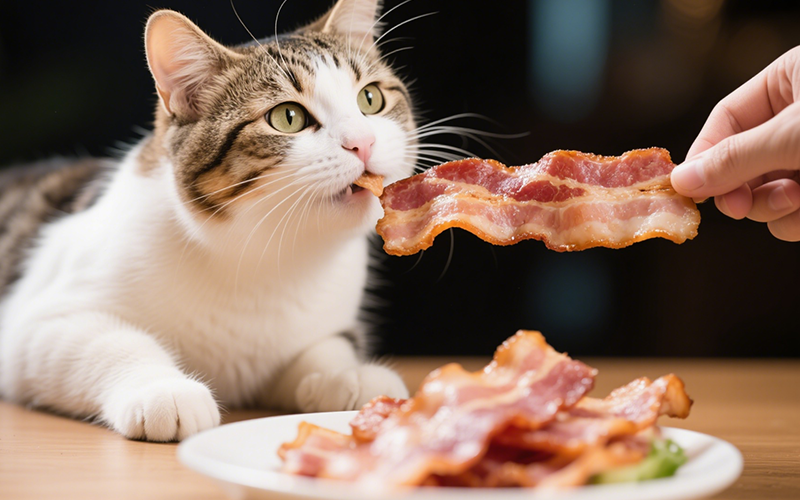
Can Cats Eat Turkey Bacon? Here’s What You Need to Know
- 9 Apr 2025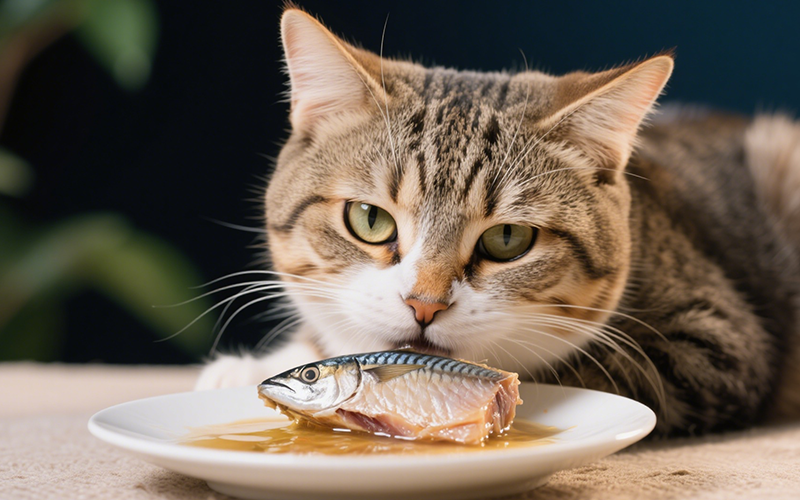
Can Cats Eat Tuna in Oil? Here’s What You Need to Know
- 9 Apr 2025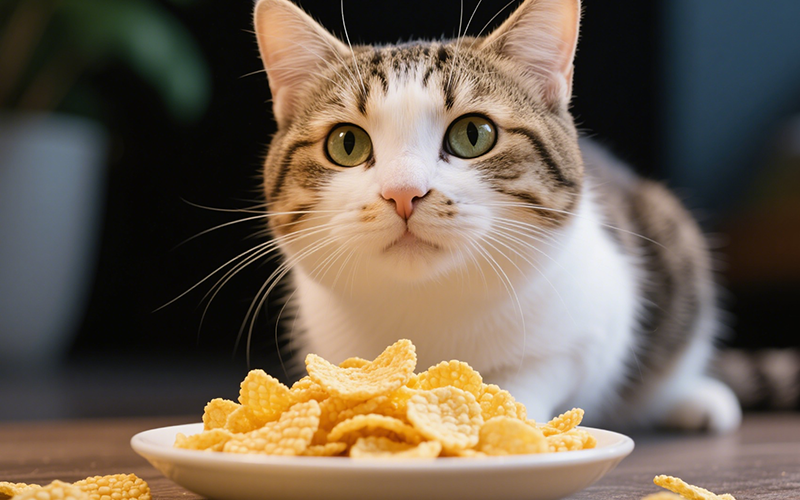
Can Cats Eat Tortilla Chips? Here’s What You Need to Know
- 9 Apr 2025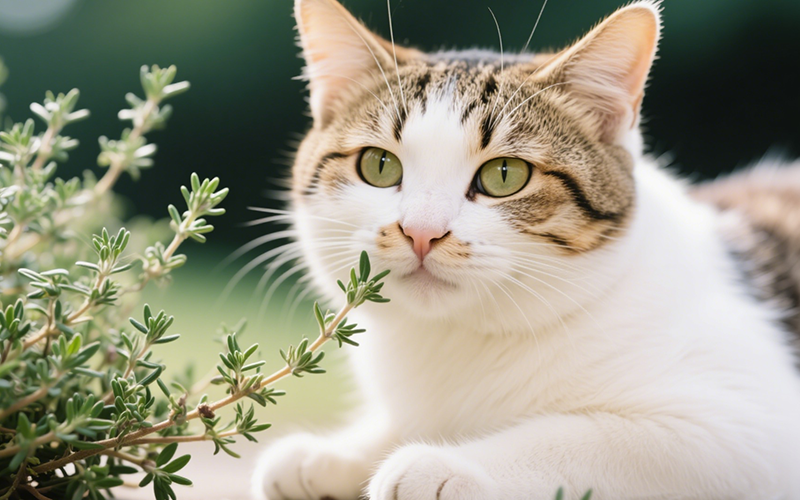
Can Cats Eat Thyme? What You Need to Know About Thyme and Cats
- 9 Apr 2025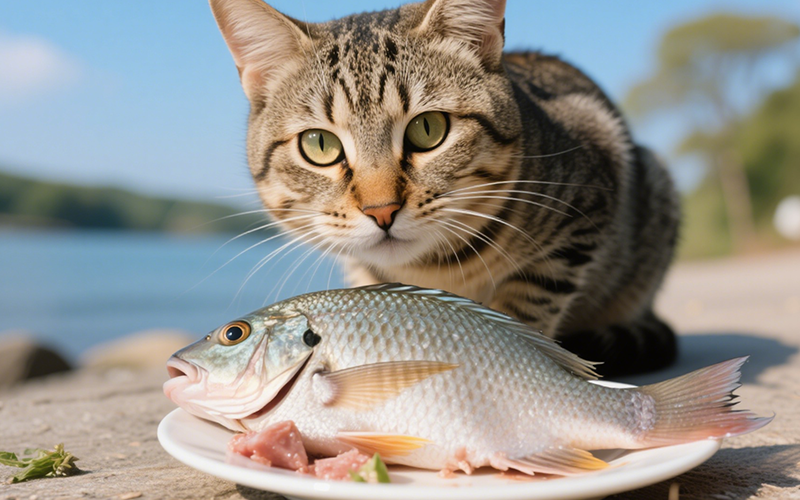
Can Cats Eat Tilapia? Everything You Need to Know About Tilapia and Cats
- 9 Apr 2025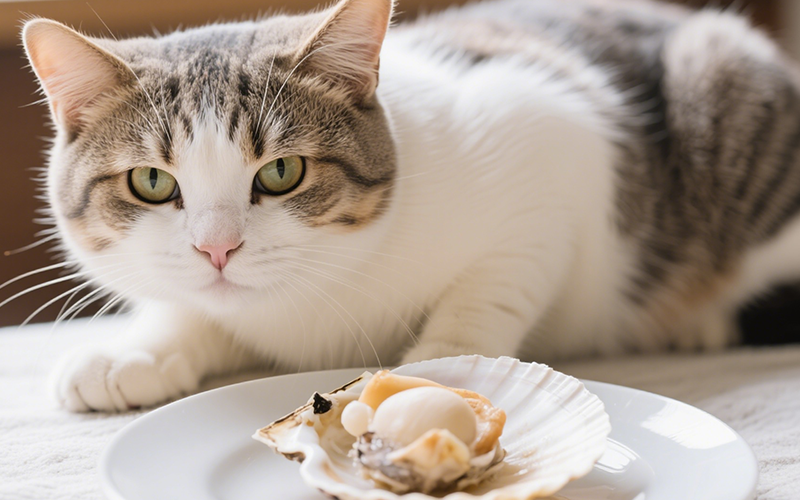
Can Cats Eat Scallops? What You Should Know Before Offering Scallops to Your Cat
- 9 Apr 2025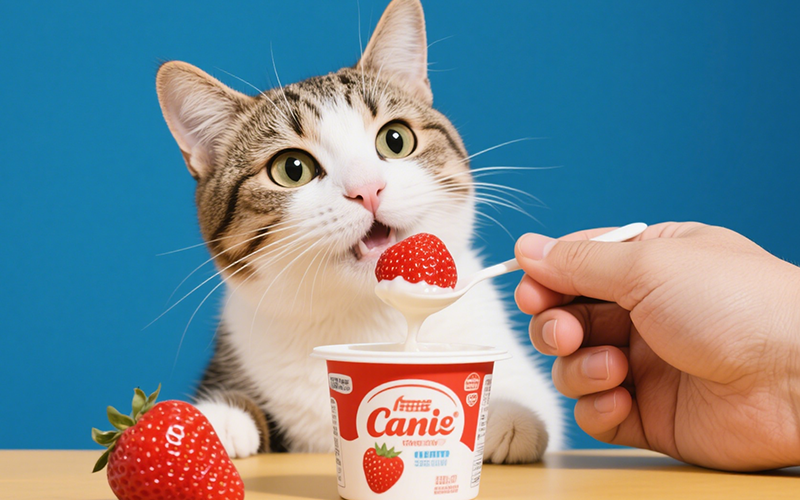
Can Cats Eat Strawberry Yogurt? Here's What You Need to Know
- 9 Apr 2025
